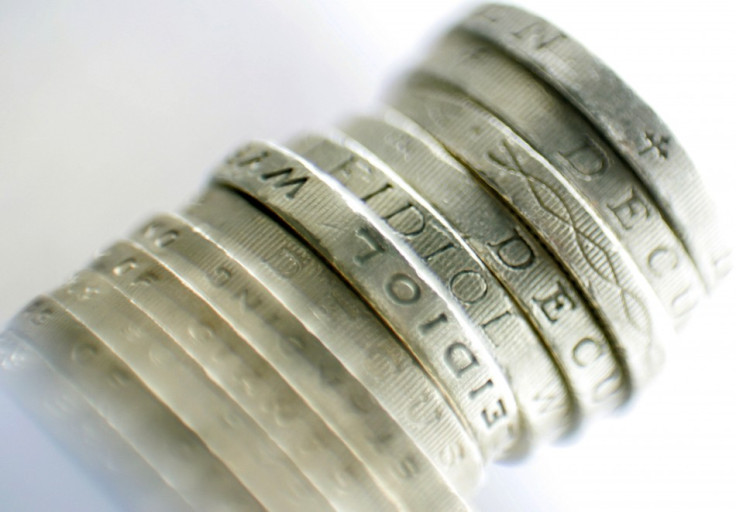UK Net Worth Rises to Record £6.8 Trillion

Britain's net worth reached a record £6.8 trillion at the end of last year, according to the Office for National Statistics, as persistently high property prices offset a fall in the contribution of the central government.
The National Balance Sheet figures, released by the ONS, show a 3.3 percent increase in what is called "UK Net Worth", a calculation that estimates the market value of financial and non-financial assets in the country.
According to the data, the value of Britain's residential property (as well as things such as churches and sports grounds) was the single-largest contributor, adding more than £4.1tn to the total account. Britain's currency holdings and its bank deposits added a further £1.3tn. The value of what's called "insurance technical reserves", which are effectively the value of the private insurance industry's holdings, was £2.2tn.
However, the government's contribution, a net negative £763bn, shrank by 40 percent when compared to the 2010 data as the slowing economy bit into tax receipts and the Treasury issued more Gilts to offset the corresponding fall in revenues. Since 2006, the government's value figure has fallen by 400 percent.
Financial corporation value was also a net negative contributor, the ONS said, coming in at -£24.8bn, However, the figure is still a marked improvement to the -£244.8bn tally in 2010 owing to a £356bn increase in the value of corporation shares, bonds and other financial instruments. Changes to the way the figures were calculated, to meet European accounting rules, also loped off around £600bn in value that had previously been assigned to tenancy rights.
Property remains the outstanding performer in terms of value, according the ONS data, rising every reporting year except for 2008. The sector, which is almost entirely made up or private property ownership, is worth more than three times as much as it was twenty years ago.
The average UK house price rose by 1.1 percent in 2011, according to the Nationwide Building Society's House Price Index, taking the market value to an average of £164,785 across the country.
The data also excludes the value of things such as human capital - in other words the worth of work and effort - natural resources, intellectual property and goodwill, assets which are typically used to calculate the value of a listed company.
Accounting firm PwC estimates to UK debt - including government, personal and corporate liabilities - will reach £10tn by 2015, around five times the estimated size of total UK GDP by the same time. The bulk of the debt will be financial sector liabilities, PwC estimates, with non-financial corporate debt, household borrowing and central government bonds filling out the total.
© Copyright IBTimes 2025. All rights reserved.





















